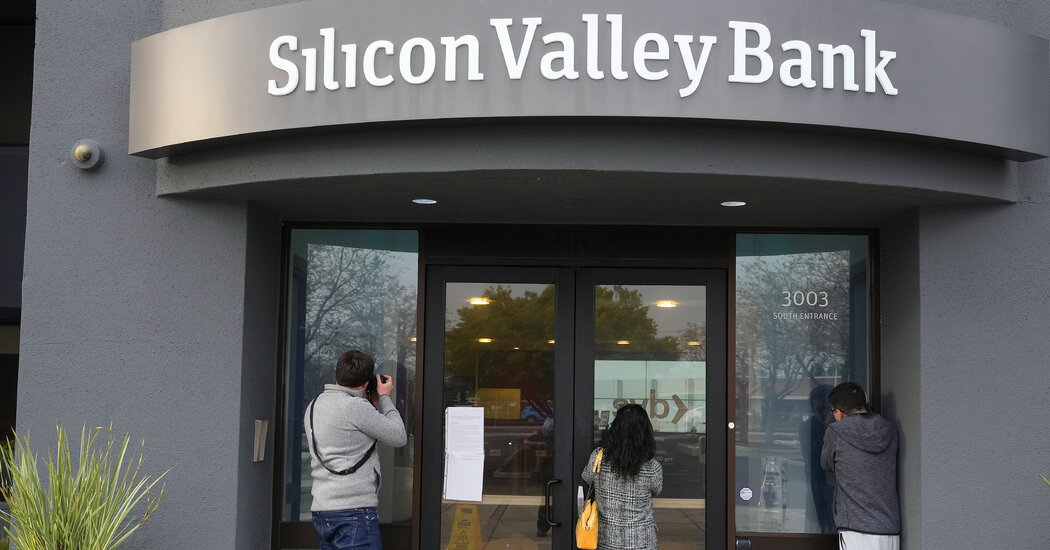DeacMan
Well-known member
- Joined
- Mar 20, 2011
- Messages
- 9,708
- Reaction score
- 948
I'm not in banking but doesn't basically every bank not keep all of its money liquid? As in no bank is capable of withdrawing all of its customers' money in a single day?
Banks only have to keep so much capital in reserve by law. No bank is beyond failure in theory. The issue here was the duration of the investments into which SVB placed a lot of their capital and what happened to the value of those bonds when interest rates rose. Dumb choice.
And it appears SVB isn't the only financial institution sitting on investments the regulators don't require them to mark to market.
Last edited:

